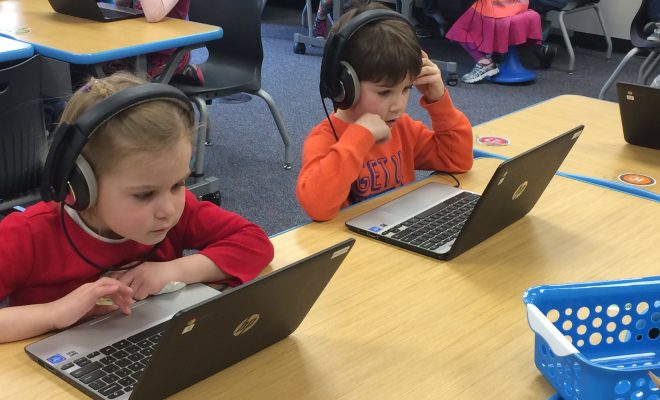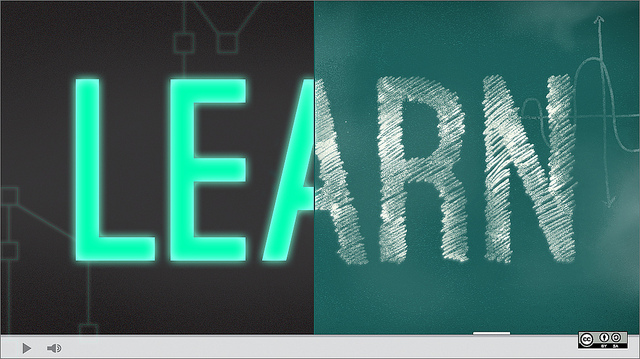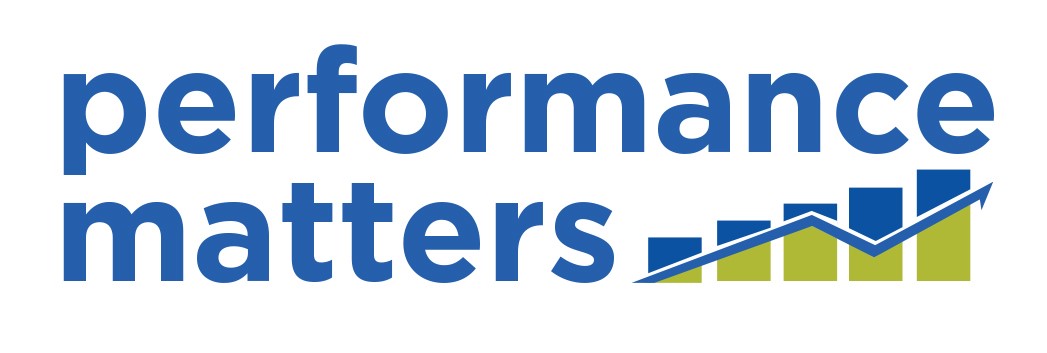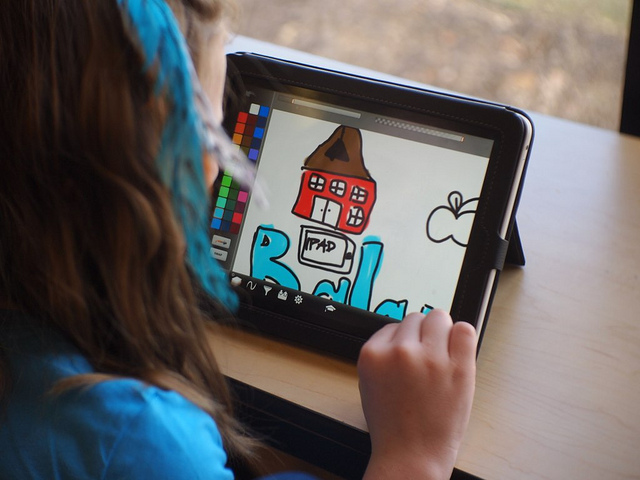With Help from Augmented Reality, ELL’s are Making Strides in Literacy

Cards that spring to life with three-dimensional animals engage pre-K to 3rd-grade students during the formative years of their education.
By Cynthia B. Kaye
Concern for struggling readers and poor literacy scores has educators and special interest groups meeting, blogging, and talking about “awareness” of the issue. Unfortunately, most of the discussion is on just that: “awareness.” There aren’t many new ideas coming down the pipeline to help teachers reach this new age of children and their hunger for bigger, better, faster, and flashier ways of learning. So, the action steps usually include some type of intervention during or after school.
Much of this attention is directed towards at-risk 4th– through 8th-graders who are currently being pushed through the system and forced to deal with compounding issues later in their academic careers. Whereas this effort is a vital part of the overall solution, it focusses on what to do with the water that has leaked through the dam rather than plugging the hole. Our company, Alive Studios, is focusing on building stronger foundations for reading and math by focusing attention on pre-K to 3rd-graders before they enter the mid to upper elementary ages.
As a mother of two adopted sons from an orphanage in Latvia, I was faced with the challenge of teaching my young boys to speak and read English. Speaking wasn’t too bad, but reading and writing proved to be a source of many tears. We tried and failed with most of the popular off-the-shelf reading programs. Nothing seemed to offer the breakthrough we were so desperately seeking. In the midst of our dilemma, I was introduced to augmented reality. One of my employees slid a flash card with a black square printed on it under a document camera—and the Eiffel Tower popped up in 3D on top of the card! It was that event that triggered a full supplemental reading curriculum for early learners based on augmented reality. My desire to help my boys with an engaging, “surprising” way to learn to read actually launched a new company.
Alive Studios provides software kits for early learners, incorporating zoo animals that spring to life in 3D and interact with children as they learn reading and math. This eye-popping (and kind of mind-boggling) experience has kids fully engaged as they recite the letters, words, and simple sentences. Our Letters alive Plus kit incorporates evidence-based reading instruction presented through the magic of augmented reality (3D without glasses). The supplemental lessons and activities are presented within an animal-filled theme, which helps tie science into every lesson. The more I learn about brain science, the more I understand why our solution is so successful for kids. Our lessons appeal to a wide range of learning styles and abilities, and literally have students laughing and squealing their way to better scores.
At J.E. Moss Elementary in Nashville Tennessee, Greg Smedley-Warren teaches a kindergarten class that is 90% ELLs. Within the first 30 days of integrating Letters alive Plus into his ABC Bootcamp, Greg said, “Our letter and sound knowledge went from less than 10 (average)…to all 26 letters.” After using Letters alive Plus, he said, “90% of my students read at grade level or higher and are reading earlier in the year.” Reading scores from his class are charted in a new case study, which includes a revealing interview.
Greg said that his students’ engagement in Letters alive Plus was “amazing,” adding that “It also builds excitement for school, which is vital for our students at the beginning of the year.” The Letters alive Plus kit that Greg and his students used includes 26 letter cards, 97 sight-word cards, and 84 word-family cards. Each card is interactive and triggers multiple animations depending on the word or sentence that is created. While learning to identify and sound out each letter, the kindergarteners were able to hear, see, touch, build, and speak all throughout the lesson. This multimodal approach appeals to a broad range of learning styles and abilities, and increases long-term retention (especially for ELL, at-risk, and special needs students).
While our supplemental learning kits are aligned to kindergarten state standards, they are also designed as intervention solutions for 1st– through 3rd-graders who may not have mastered the required reading and math concepts. The kits can be used for whole-class, small-group, or individual instruction. This allows teachers to target instruction based on students’ specific needs, which improves outcomes.
Alive Studios has gathered independent research that reveals a 48% increase in letter naming and a whopping 112% increase in letter sound recognition from using Letters alive. One of the surprising results of this previous study was the positive effect Letters alive had on classroom management. Attention spans were lengthened and students’ motivation to learn was increased. Now that teachers have been actively incorporating the AR-based software into their existing curriculum, several success stories like Greg’s have begun pouring in. My team and I were thrilled about this new data. Getting this affirmation for the effectiveness of our learning kits, especially with ELL students, inspires us to continue helping teachers throughout the U.S. and beyond.
Cynthia B. Kaye is the CEO and Chief Zoo Keeper of Alive Studios. Follow her on Twitter: @AliveStudiosK12.







